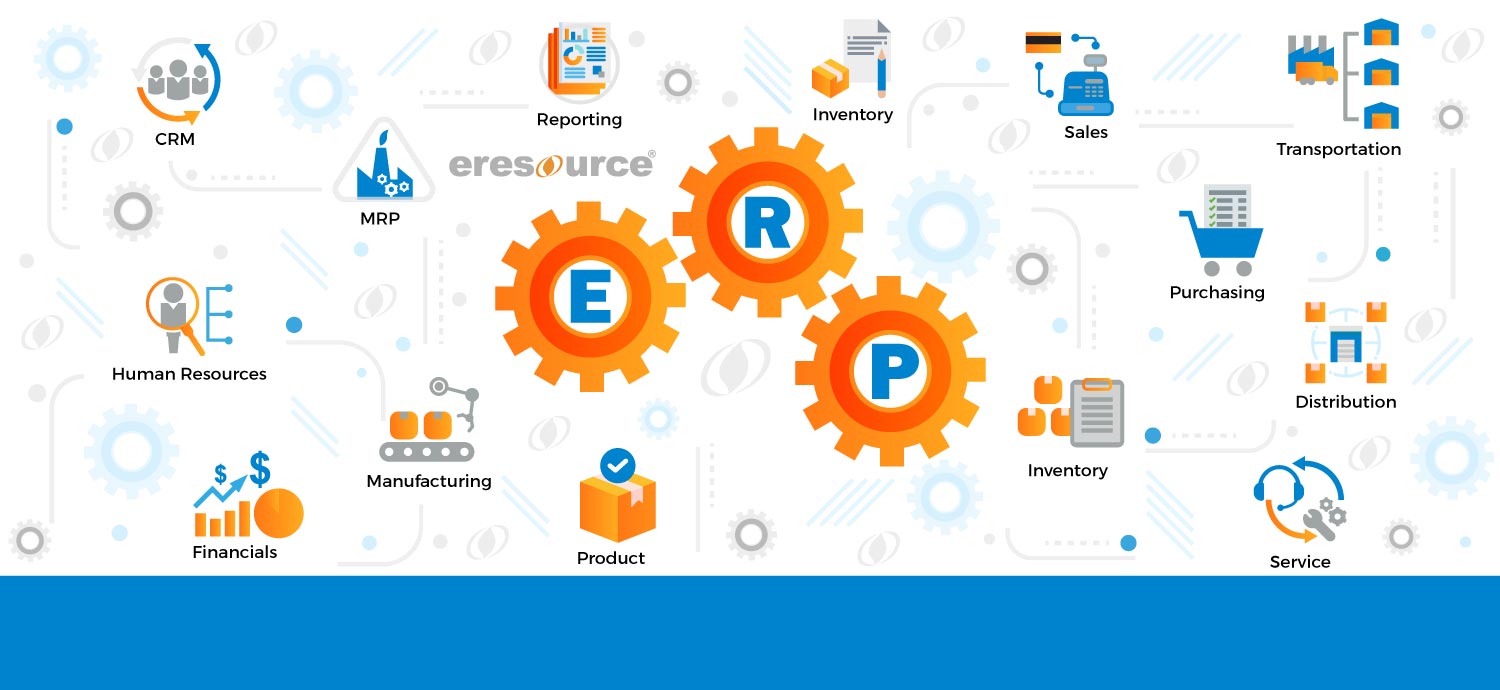With the rising need for conserving resources, billions of people are turning to clean technology, including solar energy, to power their lives. Moreover, as the use of solar energy has grown, technology development, scaling of manufacturing processes, and commercialization have played a significant role in driving down solar hardware costs.
But solar installation ‘soft costs’ haven’t been reduced as rapidly. The ‘soft costs’ are the non-hardware costs related to moving to solar. Furthermore, these costs include permitting, financing and installing solar panels, and all expenses incurred by the solar companies to acquire new customers, trained staff, suppliers, and cover their bottom lines.
According to the Department of Energy (DOE), soft costs constitute around 64% of the total cost of a new solar system, forming the largest component of any installation. When solar installers use incompatible technology to run their business operations, it can lead to higher soft costs. It is when ERP for solar industry comes into the picture.
This article explains how a unified cloud ERP designed for solar companies can help installers reduce the project’s soft costs effectively.
- Replaces off-the-shelf system
As a solar enterprise grows, incompatible applications that don’t scale effectively or profitably eventually have to be replaced, as these could lead to higher financial and disruption costs. In their place, solar companies are planning to integrate management solutions, like robust ERP systems, that could support all core functions of the business, including project management, accounting, finance, inventory management, procurement, human resources, sales, and marketing.
Also Read – How can ERP Software Streamline the Cosmetic Manufacturing Process?
- Providing reliable, real-time data
Without having access to accurate business data providing visibility across all essential business operations, scaling the company productively can be challenging for solar installers. When you work with an incompatible, incomplete management platform that doesn’t provide reliable, real-time data, running the solar business can quickly turn into a nightmare.
Solar installers must have real-time visibility into all-important business operations and departments to improve the company’s efficiency and profitability. An erp for solar power software is powerful enough to store crucial business data in a centralized system and provide easy, real-time access to all authorized users.
- Integrating all critical aspects of the solar installation business
ERP systems specifically built for the solar industry can bring sales pipeline management, accounting, purchasing, CRM, installation project management, inventory management, customer invoicing, and business intelligence onto one centralized platform. It enables end-to-end visibility on acquisition costs, profitability, cash flow, project tracking and alerts, sub-contractor monitoring, and other vital functions necessary for the solar company’s success.
Always remember that, no matter how good each application is, ensure they can talk to one another when aggregating a group of applications. The only effective way to make it possible and effectively reduce the soft costs is by implementing an integrated application suite, like ERP, that can provide reliable data and a common interface across business functions.
Also Read – Why the best ERP Software is required to run construction business successfully?
- Supporting scaling and growth
Using an end-to-end, fully integrated enterprise resource planning (ERP) software suite, specifically optimized for the solar industry, can help installers effectively meet the demands of growing customer bases while minimizing the soft costs and, thus, ensuring the company’s profitable growth.
With rising competition in the solar industry, many companies find themselves at a point where the accelerated demand puts them in a position where they find it difficult to scale or grow further. Some also find it challenging to sustain their current profitability levels and competitive position unless they switch to ERP systems that enable businesses to use the same data across all their departments.
Summing up it all!
With more people turning to solar panels to power their lives, the solar industry is growing faster. But with industrial growth, companies find it challenging to reduce soft costs and increase profitability. One of the most helpful ways to maximize the solar company’s productivity and profitability while minimizing soft costs is installing an end-to-end solar ERP solution.
In this technologically advanced world, you can find ERP systems optimized for residential and commercial solar installers of varying sizes to leverage the rapid decline in hardware costs with soft cost reduction. It further improves margins with overall installation costs decline. Before investing in an ERP platform, cross-check with the provider how it can help reduce the soft costs in the solar installation business.
Also Read – Grow your trading business with eresource eTrade ERP software
Categories
Register for Free Demo!
Recent Post
-

eresource ERP 360 - an
11th Apr 2019 -

A competitive ERP system for
17th Apr 2019 -

Auto components manufacturing industry has
17th Apr 2019 -

Make the best use of
17th Apr 2019







